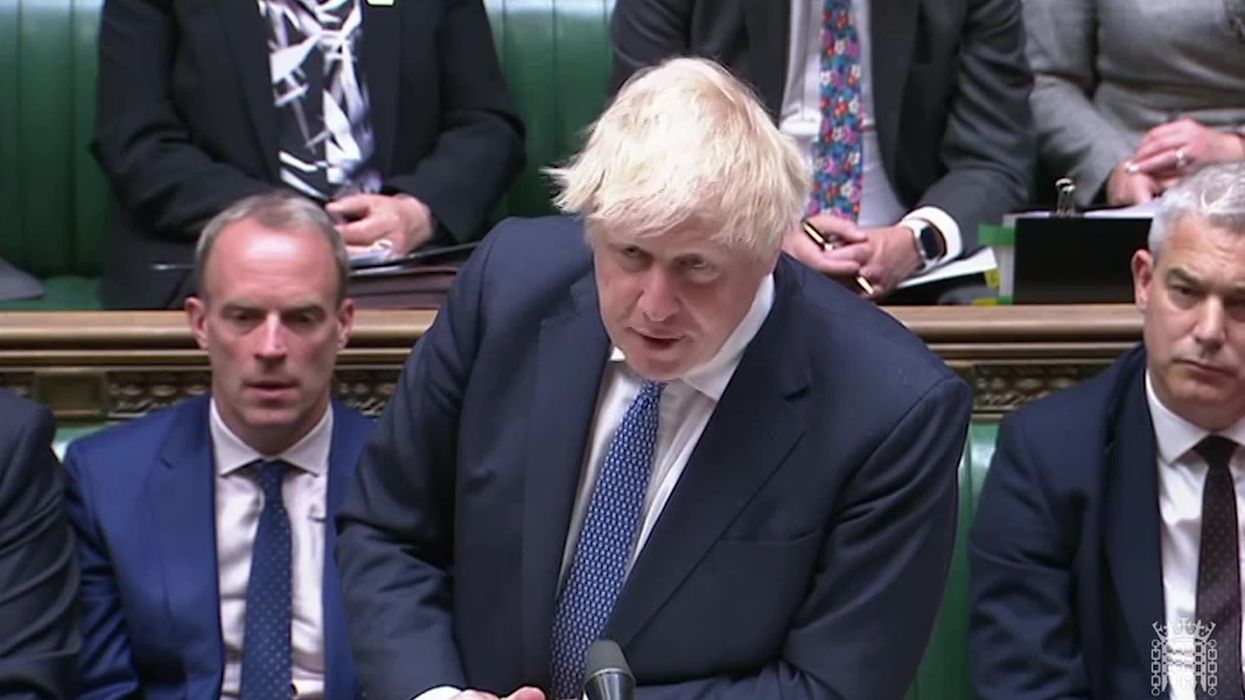Ellie Abraham
Jun 15, 2023
Moment Boris Johnson misleads Commons claiming rules were followed 'at all times'
content.jwplatform.com
Boris Johnson called the Commons Privileges Committee a “kangaroo court” leaving everyone asking exactly what one is.
In his 1,000-word statement on Friday (9 June) resigning from his Uxbridge and South Ruislip seat, Johnson attacked the committee looking into his behaviour and conduct in the House of Commons during the Covid pandemic.
The committee found that the former Conservative Prime Minister committed “repeated contempts” of Parliament during the Partygate scandal and recommended a 90-day suspension.
Sign up to our free Indy100 weekly newsletter
Johnson accused the committee of “egregious bias” and claimed: “Their purpose from the beginning has been to find me guilty, regardless of facts. This is the very definition of a kangaroo court.”
But what does “kangaroo court” mean?
The phrase is used to describe an unofficial court held by a group who are intentionally seeking to find someone guilty without evidence.
It originates from 19th-century America where mutineers or prisoners often held illegitimate court proceedings.
It is also linked to the Gold Rush practice of “claim jumping” which occurred when someone attempted to take land that was already claimed by someone else.
Additionally, it can be attributed to the dubious practices committed by the likes of travelling judges that hopped between different jurisdictions.
At one stage, the term “mestang” (or “mustang”) court was also used, making reference to the wild horses that roamed the grasslands of America, and the feral, wild nature of the courts or practices.
Author Steven Poole, suggested: “The familiar version might have won simply because kangaroos are more picturesque.”
There is certainly strong disagreement over Johnson’s assertion that the committee was a “kangaroo court” and people had a lot to say as he resigned.
Have your say in our news democracy. Click the upvote icon at the top of the page to help raise this article through the indy100 rankings.
Top 100
The Conversation (0)














